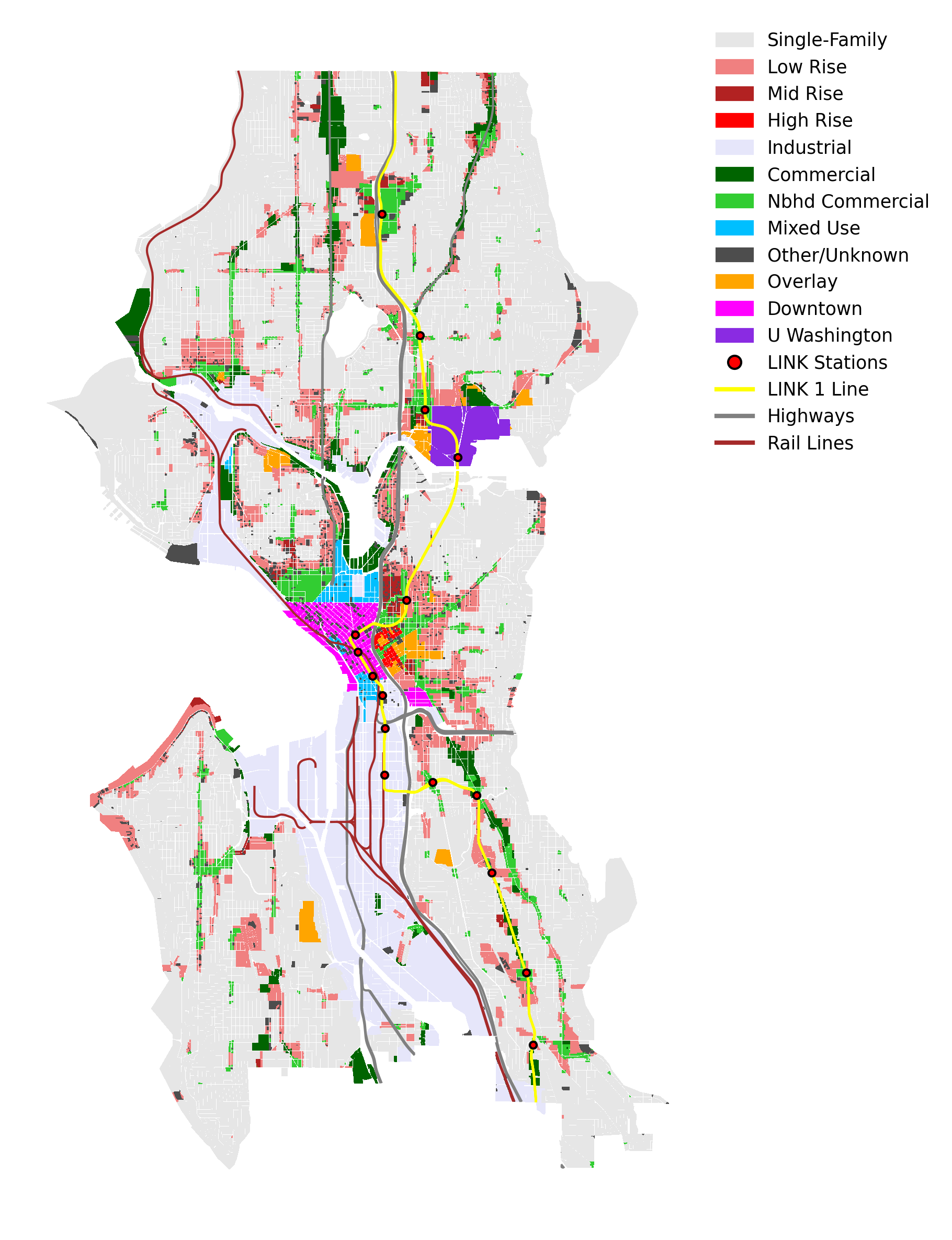Abstract: This paper quantifies the supply effects of discretionary permit review, a common but understudied regulatory friction that delays and adds uncertainty to housing development. Using the universe of permit applications in Seattle, Washington, during a period when a unit count threshold for undergoing discretionary permit review was in place, I show that undergoing discretionary review increased permit review time by 4 to 5 months, and that developers reduced unit counts and increased average unit size in order to avoid discretionary review. I then propose a novel extension of prevailing housing production models to multifamily developments that accounts for both the intensive and extensive margins of development. Using data that is freely and publicly available in most jurisdictions, I estimate the model and find that removing discretionary permit review would have increased the number of new units constructed by 5.5% while reducing the average size of new developments by nearly 2%. The estimated change comes largely from the intensive margin, as, in expectation, only two additional parcels would be redeveloped absent discretionary review.



